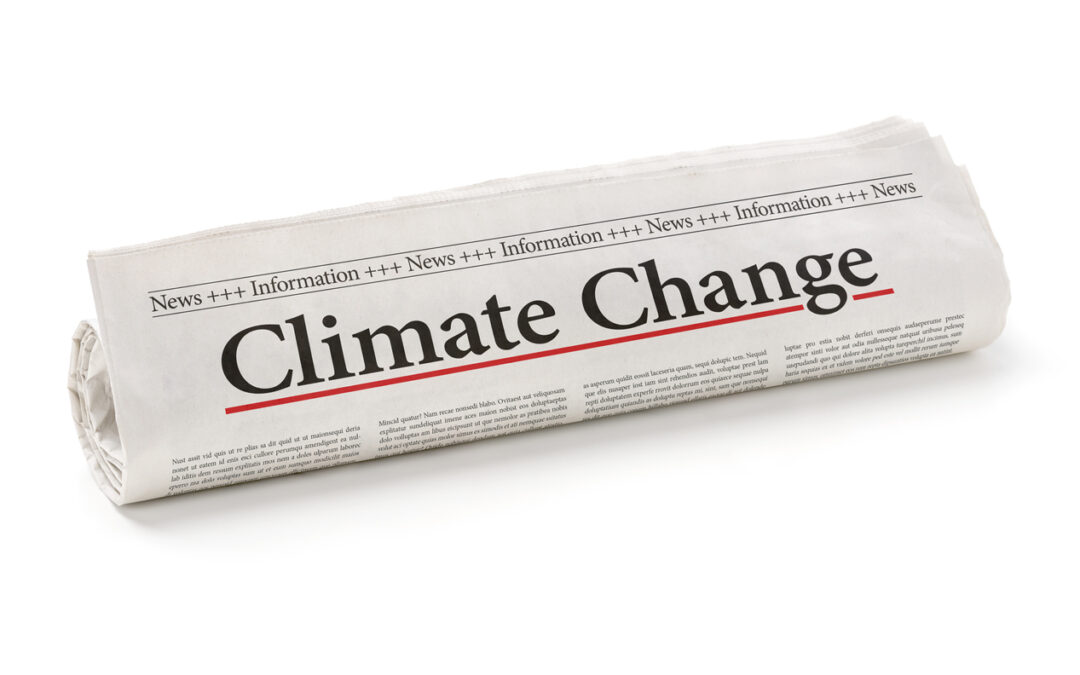A roundup of climate policy stories from the past week:
The United Nations (U.N.) Chief Antonio Guterres declared that “the era of global boiling has arrived.” This comes as scientists “confirmed that July is set to become Earth’s hottest month on record.” (click here for the full story)
A new report by the Adrienne Arsht-Rockefeller Foundation Resilience Center at the Atlantic Council (Arsht-Rock) has illustrated the disproportionate impact of extreme heat on women in the United States, India, and Nigeria. Project scholars estimate that $120 billion is currently being lost annually across the three countries due to the impact of extreme heat on women’s paid labor; the study added that the losses could increase to up to $500 billion per year if no action is taken to mitigate climate change. (click here for the full story)
The IMF has expressed increased worry about the ‘material’ risks on economies due to extreme weather events that affect crop yield and the ability of people to work. (click here for the full story)
New research on tipping points has found that the system of ocean currents could collapse sooner than previously expected. (click here for the full story)
The deep-sea mining talks which happened in Jamaica last week were deadlocked over an agenda clash, with China blocking the motion for a discussion all week before agreeing to allow it on the agenda in 2024. (click here for the full story)
The Department of Energy rolled out two rebate programs—totaling $20 million in funding—to support domestic manufacturers, utilities, tribes, hospitals, and schools to install “energy efficient distribution transformers and extended product systems that use equipment with electric motors, such as pumps, air compressors, and fans.” (click here for the full story)
The Federal Energy Regulatory Commission (FERC) green-lit a new rule to “accelerate the connection of energy projects to the power grid, a move that could ease widespread delays stifling renewable energy.” (click here for the full story)
Sen. Joe Manchin (D-WV) is slated to fight with President Biden about the implementation of a clean hydrogen tax subsidy. The senator “has the backing of leading Senate Democrats who want to see a nascent energy industry succeed and not be hamstrung by regulation.” (click here for the full story)
New research outlines that climate change is “shrinking the Colorado River’s flow and robbing the region of a vast amount of water.” (click here for the full story)
Asia is the world’s “most disaster-prone” region, with extreme weather and climate change impacts increasing in 2022, according to a new report from the World Meteorological Organization (WMO). (click here for the full story)
The Biden administration proposed new fuel economy rules which would require automakers to improve the average mileage of vehicles and accelerate the transition to all-electric passenger. (click here for the full story)

